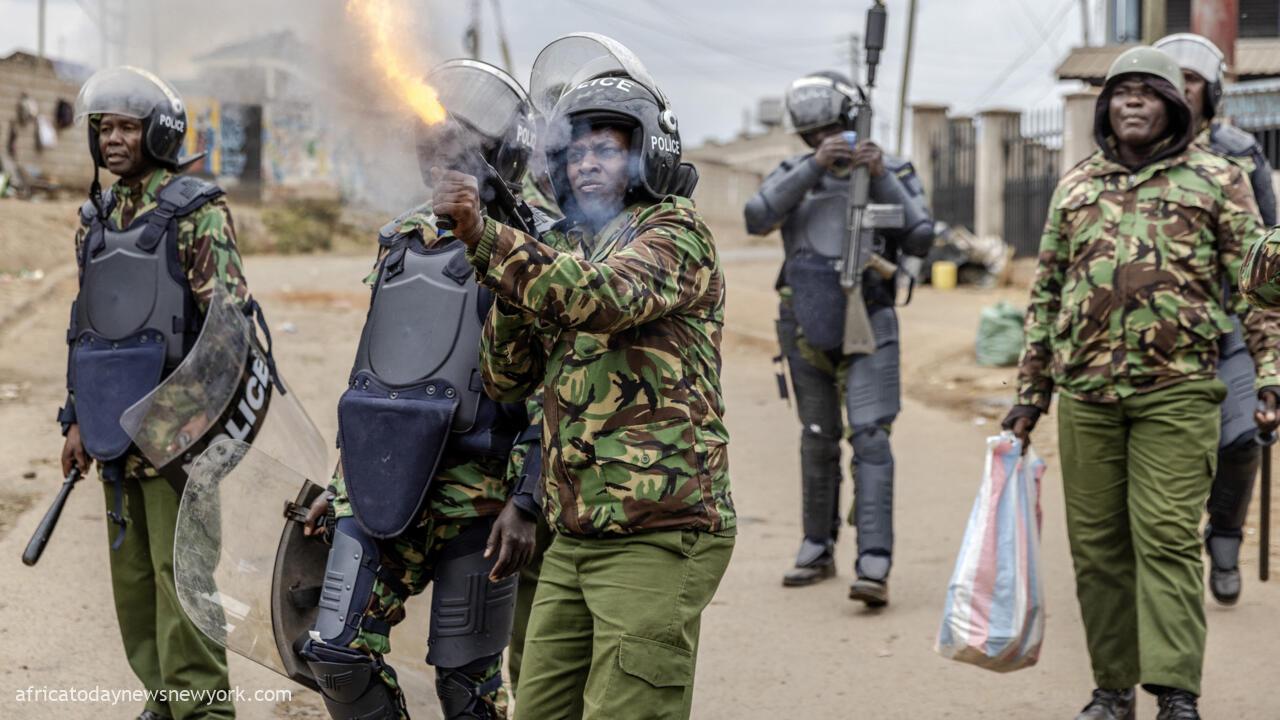Kenya has concluded plans to deploy no fewer than 1,000 police officers to Haiti following the unprecedented violence that erupted in the Caribbean nation and the announcement by its Prime Minister Ariel Henry that he would resign once a presidential council is created.
Africa Today News, New York recalls that in October last year, Kenya had agreed to lead a U.N.-authorized international police force to Haiti, but the country’s top court in January ruled this was unconstitutional, in part because of a lack of reciprocal agreements on such deployments between the two countries.
The president of Kenya, William Ruto, stated that he and Henry had observed the reciprocal agreements between Kenya and Haiti being signed on March 1, which paved the way for the deployment.
Under the plan, the U.N.-backed multi-national police led by Kenyan officers was to help quell gang violence that has long plagued Haiti. But violence escalated sharply since Feb. 29, with gunmen burning police stations, closing the main international airports and raiding the country’s two biggest prisons, releasing more than 4,000 inmates.
Read Also: Haiti’s Prime Minister, Ariel Henry Reportedly Resigns
Scores have been killed, and more than 15,000 are homeless after fleeing neighborhoods raided by gangs. Food and water are dwindling and the main port in the capital of Port-au-Prince remains closed, stranding dozens of containers with critical supplies.
After returning from a trip to Kenya where he had gone to salvage plans for the African country’s deployment, Henry has been locked out of his own country and has remained in Puerto Rico since last week.
“It is true the planned deployment of police officers has been put on hold,” Kenya’s Foreign Affairs Principal Secretary Koriri Sing’oei said Tuesday.
“There has been a fundamental change in circumstances in Haiti as a result of the complete breakdown of law and order,” Sing’oei added.
Henry’s announcement Tuesday that he would resign once a transitional presidential council is created indicated he was bowing to international pressure to make way for new leadership in the country overwhelmed by violent gangs.

